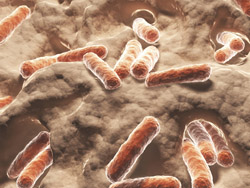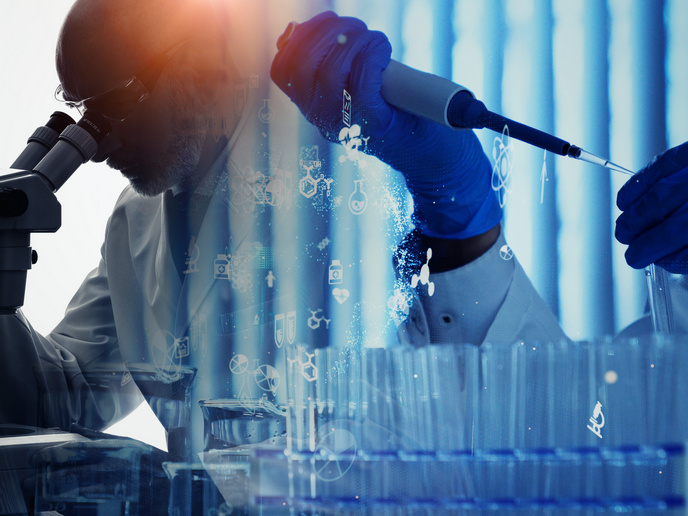Cell factories 'a la carte'
Bacillus subtilis (B. subtilis), found naturally in soil and hay as well as the human gut is highly amenable to genetic manipulation. As a result, it is now used as a model organism for research and industrial production of nutraceuticals like vitamin B. The 'Bacterial synthetic minimal genomes for biotechnology' (BASYNTHEC)(opens in new window) project has cut to the minimum the genetic content of B. subtilis to create the ultimate cell factory. This has allowed the research team to step up efficiency of vitamin B5 production by 40 %. The door to exploration into the effects of removing genes on cell regulation and survival has also been opened up. Massively cutting genetic material from a cell can lead to an unacceptable reduction in product output. BASYNTHEC researchers got around this problem by using computer modelling to select genes crucial for optimal production. The next step was to take the basic streamlined bacterium and add 'plug-ins', groups of genes that control the desired function. A total of 290 new vitamin B5-producing strains and 405 strains that produced alpha-amylase were cut and then built back up for high-throughput screening. Alpha-amylase is an enzyme with many industrial uses, including production of syrups from basic crops such as wheat, rice and potato. When so many potential strains can be developed, a rapid screening process to select the best possible microbe is essential. A BASYNTHEC partner has filed two patent applications for the use of high-throughput technology for screening B. subtilis strains with improved vitamin B5 production. The BASYNTHEC team also made headway in researching the mechanisms behind resistance to a broad-spectrum antibiotic, sublancin. Deleting genes is one way of determining exactly what job they do and the researchers identified many genes involved in sublancin resistance and transport. This is a major step towards disease treatment in the face of antimicrobial resistance. BASYNTHEC research has laid the foundation for production of microbes with the basics for survival and the ability to be modified according to production requirements. The ultimate in designer bacterial cell factories is just around the corner.







